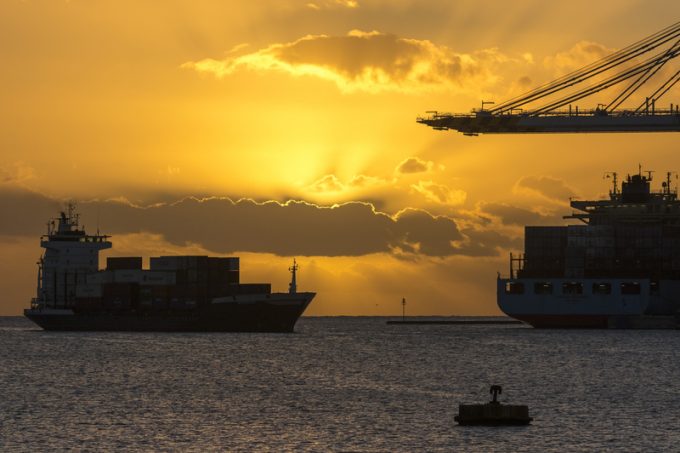HMM staff oppose plan to relocate flag-carrier's HQ to Busan
Relocating South Korean shipping line HMM’s HQ to the port of Busan could bring $1bn ...

Global container service scheduled reliability has declined to its lowest levels since records began, according to new data from SeaIntelligence Consulting.
The analyst’s latest schedule reliability data for December shows just 44.6% of vessels arriving on time, “which means that for the fifth consecutive month, global ...

Comment on this article